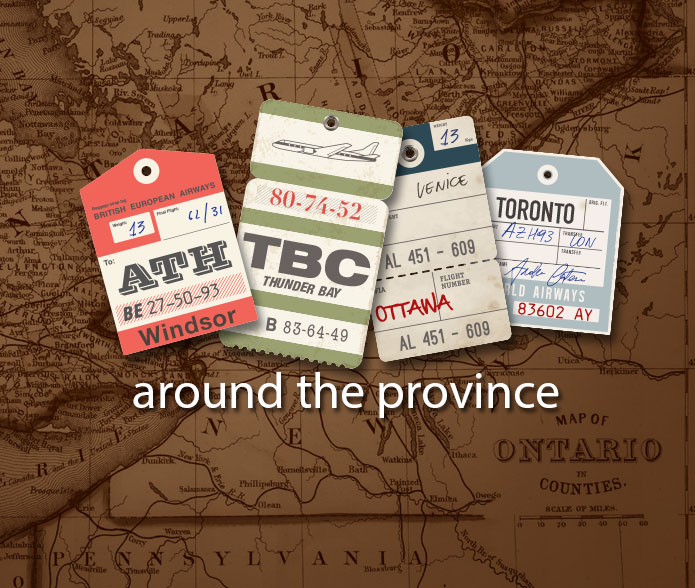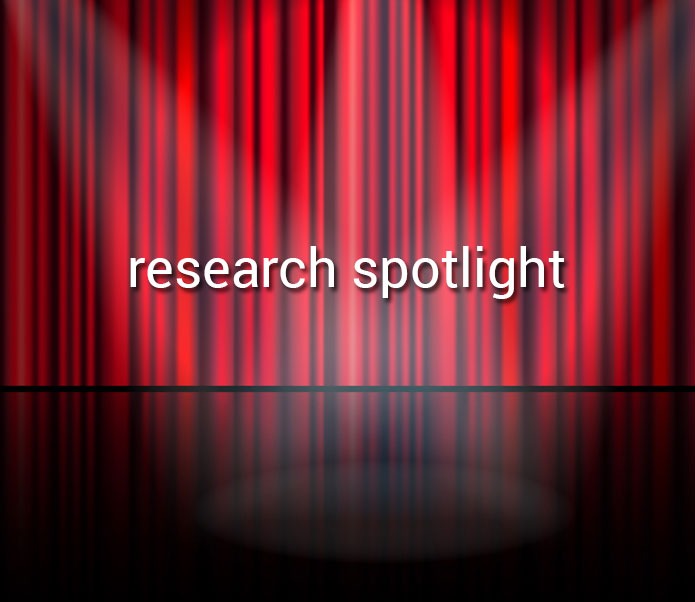Mi Yoon discusses the challenges in starting a library career during the pandemic. Through OLA MentorMatch, she connected with Caleb Domsy who helped expand her network. In turn, Caleb found the benefits of creating space to support career growth for newcomers.
OCULA/WNYO-ACRL Spring Conference: A bold future for academic libraries
“The crisis is over. Move on.” With this, Mike Ridley, keynote speaker at the 2012 OCULA/WNYO-ACRL Spring Conference, started us on a journey to imagine what the future could hold for academic libraries. The conference theme was Bring it On! Shaping the Future of Academic Libraries and the roughly 50 attendees definitely “brought it” over the course of the day. Mike opened the conference and his message was both engaging and provocative. He encouraged us to think of the future as one where librarians have left the building—and not in the sense of embedded librarians who take the library to other parts of campus.
Instead, Mike suggested that future librarians will no longer directly be connected to the services provided in library buildings. Instead, they will be scholar-practitioners who focus more on being “scholars” and less on being “practitioners” and service providers. In our post-secondary institutions, we will create departments where we study and theorize about information as well as teach students how to use and think about information; our unique perspective as practitioners, not purely academics, will inform this study.
This is a markedly different role than that which we have generally imagined for ourselves, and one that sparked much interest and debate among conference participants.
Mike’s presentation was followed by six Pecha Kucha talks. In a Pecha Kucha, presenters must get their ideas across with 20 slides and can spend only 20 seconds on each slide. The talks were engaging and entertaining, and we heard about a range of ideas from:
- Allison Bell, about mentoring for teaching success,
- Courtney Lundrigan and Kevin Manuel, on applying discovery layers,
- Carey Toane, on “What academic librarians can learn from the People’s Library and Occupy Wall Street”
- Pamela Jacobs, on “The Library is the Cloud,”
- Mara Bordignon, about “Learning Environment Architect… Moving from Lecture to Experience,” and
- Lise Doucette, Marni Harrington, and Courtney Waugh, about the value of informal networks, or “Five Librarians Walk into a Bar…”
Next on the agenda were Birds of a Feather discussions. Conference attendees broke into groups to discuss current challenges, and possible future scenarios for issues such as reference services, information literacy, leadership, and collection management. After lunch, Bhupesh Shah and Kimeiko Hotta-Dover asked us to picture ourselves in the year 2022, a time when the government has just announced that all academic libraries will be closed and academic librarians obsolete. Bhupesh and Kimeiko, both from Seneca College, then had us re-write that future by preparing value proposition statements for academic libraries. In small groups, we drafted statements which Bhupesh and Kimeiko combined into the following:
For our academic community, academic librarians are the conduit/crossroads/connectors/catalyst that deliver access to curated/specialized/premium information and skills to critically evaluate and filter information, because only academic libraries facilitate lifelong learning by enabling the community to transform information to knowledge.
This statement was an inspiring reminder of the importance of our role within our academic institutions and led to our next challenge: to create short, memorable, self-explanatory ways to communicate that message.
Our creative energies were put to work as we told original stories with drawings and skits—which were conceptualized, developed and filmed in less than an hour. OCULA president Jennifer Peters displayed her technological prowess by editing our films on the spot so that we could all see the funny and thoughtful pieces that our colleagues had developed. This was the second year in a row that OCULA and the WNYO chapter of ACRL had jointly hosted the Spring Conference in picturesque Jordan Station, Ontario.
Stay tuned for news of the 2013 Spring Conference!
Kristin Hoffman is head of research and instructional services, at D.B. Weldon Library, Western University.


